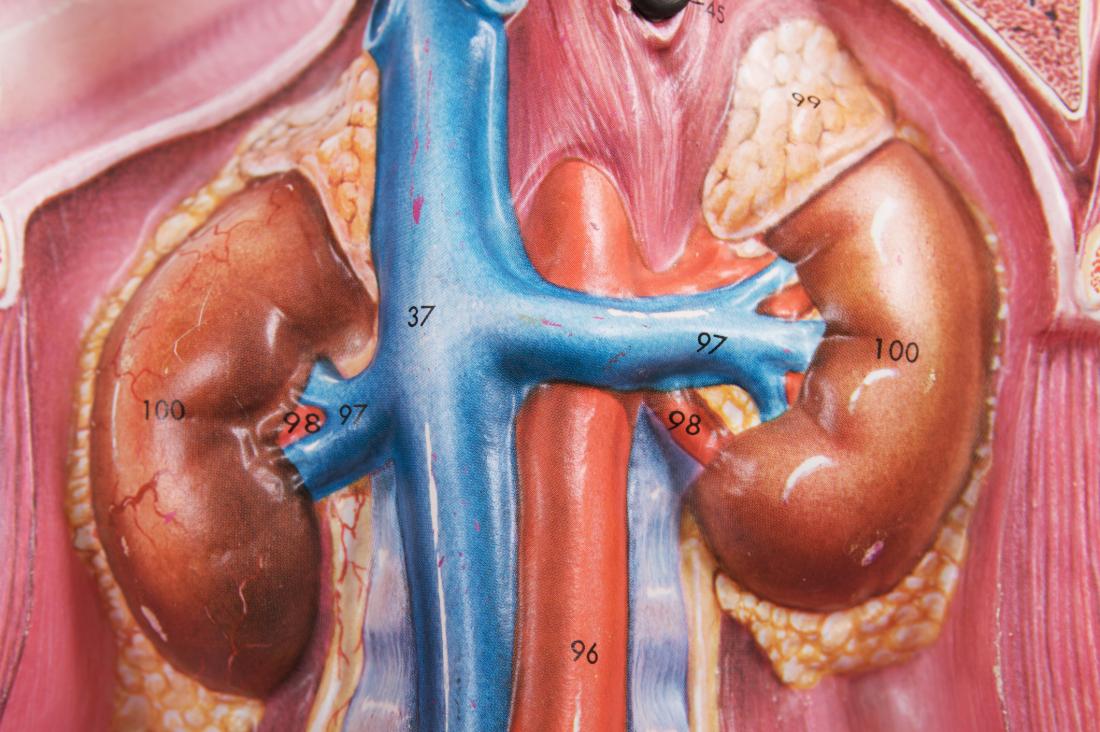Kidney disease: Does gout increase risk?

Building on previous findings, a new study concludes that people with gout are more likely to develop kidney disease. The authors believe that the results offer new ways to reduce the risk of chronic kidney disease.
Chronic kidney disease (CKD) is a long term condition, characterized by reduced kidney function.
CKD impacts an estimated 14% of people in the United States.
Researchers have already pinned down a number of risk factors for CKD, including high blood pressure, diabetes, and smoking.
However, as the authors of the most recent study explain, "There is increasing interest by the scientific community in the role of novel risk factors."
The latest research, published in BMJ Open, investigates the potential role of gout as a risk factor for CKD.
Gout is both surprisingly common and surprisingly painful. It is caused by elevated levels of uric acid in the blood, which is referred to as hyperuricemia.
Over time, uric acid can build up, causing sharp crystals to form in joints, most commonly of the big toe.
Gout, a form of inflammatory arthritis, affects more than 8.3 million people in the U.S.
Gout and the kidney
Earlier studies have identified links between gout and kidney function. For instance, one paper, published in 2012, found that poor kidney function was a risk factor for gout.
Other studies, in animal models, have shown that increased uric acid in the blood has the potential to damage the kidneys.
Previous research has also highlighted a relationship between raised uric acid levels and kidney function. For instance, one study involving people with hyperuricemia found that taking drugs that reduce levels of uric acid also reduced the severity of kidney dysfunction.
Because both gout and CKD are common, understanding how the two conditions interact is important; and despite previous work, no studies have conclusively shown that gout contributes to kidney failure.
To investigate, the researchers drew information from 68,897 adults aged 18 or older with gout in the United Kingdom and compared it with data from 554,964 matched individuals without gout. They followed both groups for an average of 3.68 years.
For the study, they defined advanced kidney disease as the first occurrence of:
dialysis, transplant, or end stage kidney disease
- kidney function at less than 10% of normal
- death associated with CKD
- a doubling of serum creatinine from the baseline levels
- The medical community considers creatinine to be a reliable marker of kidney function.
